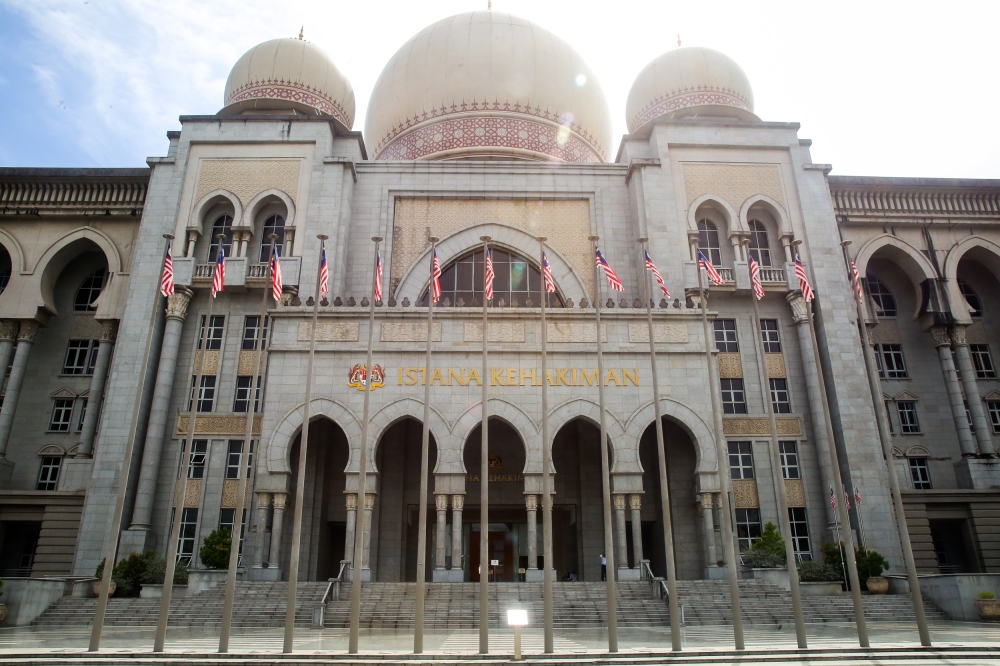Whatever may be the announcement and how polarised netizens are over former prime minister Datuk Seri Najib Razak being granted a royal pardon, let’s not lose sight of its principle. It was reiterated a year ago in the case of Datuk Seri Anwar bin Ibrahim v Mohd Khairul Azam bin Abdul Aziz and another appeal [2023].
Datuk Seri Anwar Ibrahim was charged for an offence under Section 377B of the Penal Code. He was acquitted by the High Court. However, on appeal by the prosecution, Anwar was convicted and sentenced to a five years’ imprisonment term. The Federal Court, on February 10, 2015, upheld the conviction and sentence.
On May 16, 2018, Anwar received a full pardon (the Pardon). The “Perintah Pengampunan Penuh dan Pembebasan Serta Merta” reads as follows:
“MAKA, OLEH YANG DEMIKIAN, Beta Sultan Muhammad V, Kebawah Duli Yang Maha Mulia Seri Paduka Baginda Yang di Pertuan Agong XV, pada menjalankan kuasa yang terletakhak pada Beta oleh Perkara 42 Perlembagaan Persekutuan dan semua kuasa lain yang membolehkan bagi maksud itu ADALAH DENGAN INI MEMERINTAHKAN supaya DATO’ SERI ANWAR BIN IBRAHIM diberi pengampunan sepenuhnya dan dianggap sebagai seorang yang tidak pernah melakukan apa-apa kesalahan serta diberi pembebasan serta merta.”
Mohd Khairul Azam bin Abdul Aziz (the Plaintiff) commenced an action by writ on February 26, 2020 against the Pardons Board of Wilayah Persekutuan and Anwar, seeking three declarations, one of which was a declaration that the Pardon granted, is invalid, null and void.

The Pardons Board and Anwar separately filed applications to strike out the Plaintiff’s claim on the ground, among others, that the subject matter of the action is non-justiciable, that the discretion of Yang di-Pertuan Agong (YDPA) is non-justiciable, and that granting of the pardon is the sole discretion of the YDPA.
The learned High Court Judge dismissed both striking out applications. Dissatisfied with the decisions, the Pardons Board and Anwar filed separate appeals to the Court of Appeal.
The Court of Appeal heard both appeals together and unanimously allowed both appeals. Judge of Court of Appeal Lee Heng Cheong, who delivered the judgment of the Court, referred to Article 42(1) and Article 181 of the Federal Constitution and said:
“The long and consistent established position of the law in Malaysia is that the prerogative power of the YDPA ... is non-justiciable.”
The learned appellate judge referred to no less than five apex court decisions on the prerogative power of the YDPA. The last of the decisions is in the recent case of Letitia Bosman v PP & Other Appeals [2020] where the Federal Court cited with approval its predecessor Supreme Court’s decision in the case of Sim Kie Chon v. Superintendent of Pudu Prisons & Ors [1985] where the court stated:
“The power of pardon provided for under Article 42 of the Federal Constitution is... a prerogative of mercy exclusively vested in the YDPA or Ruler of any State in Malaysia.”
Accordingly, the power to grant pardons can only be exercised by the YDPA personally and exclusively and such exercise is not justiciable. - malaymail
* This is the personal opinion of the writer or publication and does not necessarily represent the views of MMKtT.




No comments:
Post a Comment
Note: Only a member of this blog may post a comment.